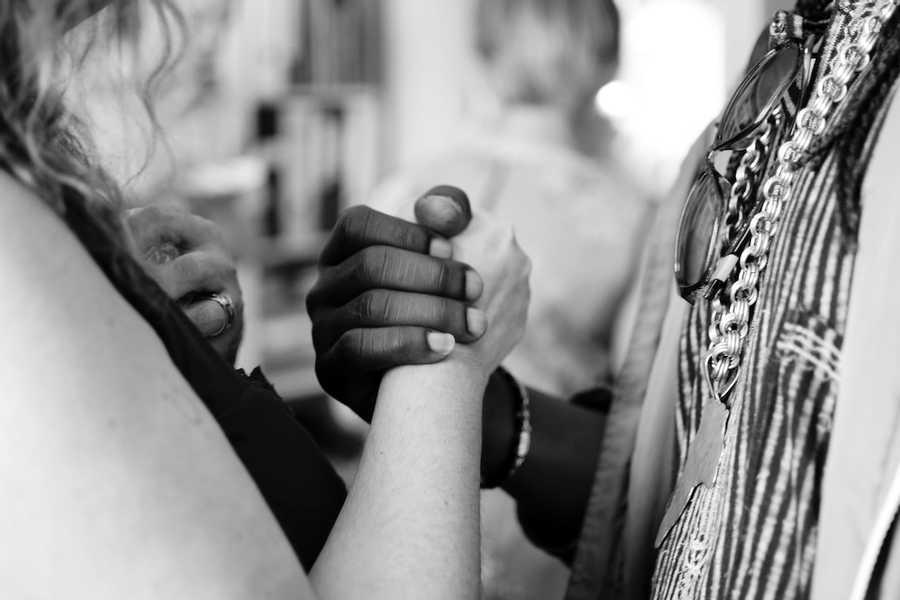Gratitude enhances honesty
In a study published in Psychological Science, participants were presented with temptation. Those who recalled a time when they felt grateful were more likely to act in an honest manner than those who described a time when they felt happy or neutral.
People who feel grateful are more likely to help others, divide their profits and be loyal even at a cost to themselves.
70
260 reads
The idea is part of this collection:
Learn more about personaldevelopment with this collection
How to strengthen your willpower
How to overcome temptation and distractions
The role of motivation in willpower
Related collections
Similar ideas to Gratitude enhances honesty
4. Gratitude enhances empathy and reduces aggression
- Grateful people are more likely to behave in a prosocial manner, even when others behave less kind.
- Study participants who ranked higher on gratitude scales were less likely to retaliate against others, even when given negative feedback.
- They experienced
More likely to buy tickets
In an experiment, low-income participants were more likely to purchase lottery tickets when they felt that their income was low compared to a perceived standard.
2. Practice Gratitude Journaling
Mental health is on the decline. Two of the main factors are
- Increased feelings of loneliness;
- Poor diet.
Studies show that those who practice gratitude journaling 3-4 times a week have reported feeling less
Read & Learn
20x Faster
without
deepstash
with
deepstash
with
deepstash
Personalized microlearning
—
100+ Learning Journeys
—
Access to 200,000+ ideas
—
Access to the mobile app
—
Unlimited idea saving
—
—
Unlimited history
—
—
Unlimited listening to ideas
—
—
Downloading & offline access
—
—
Supercharge your mind with one idea per day
Enter your email and spend 1 minute every day to learn something new.
I agree to receive email updates

